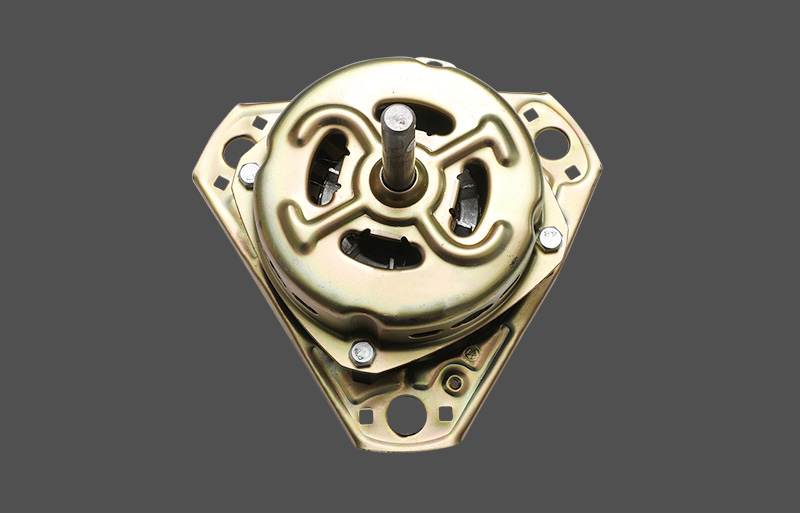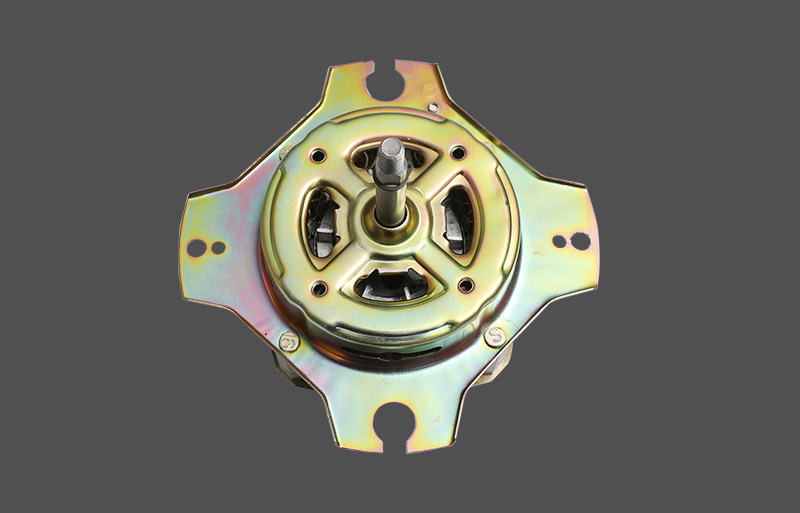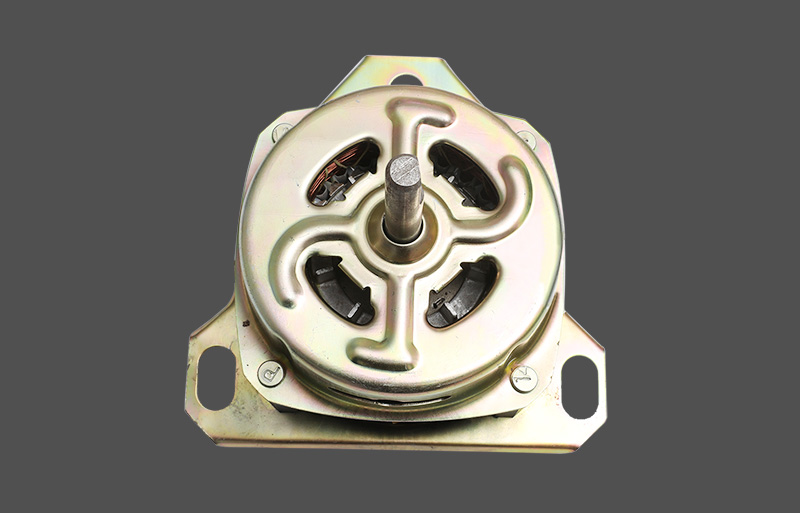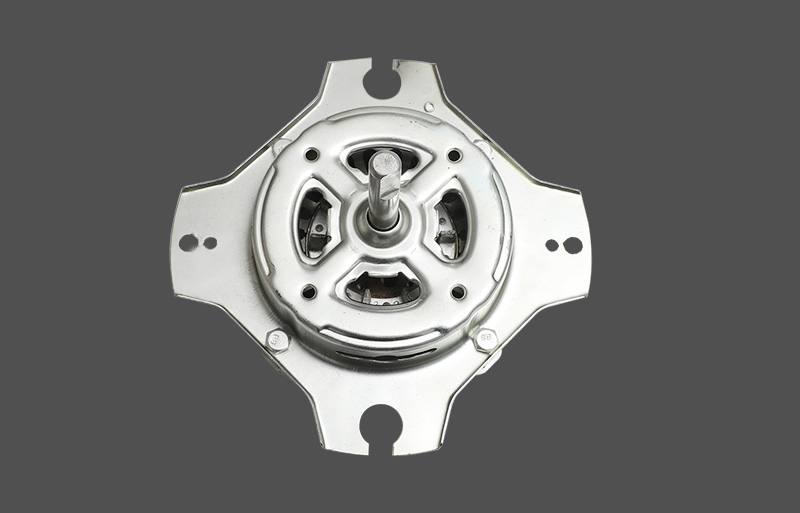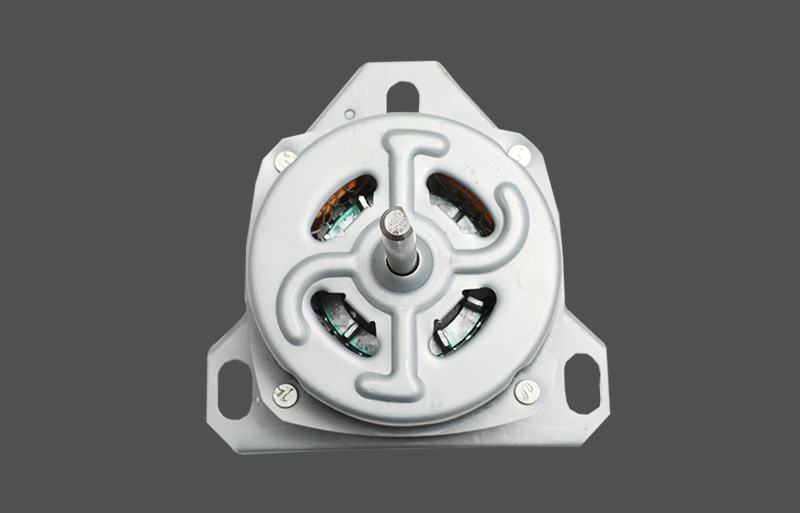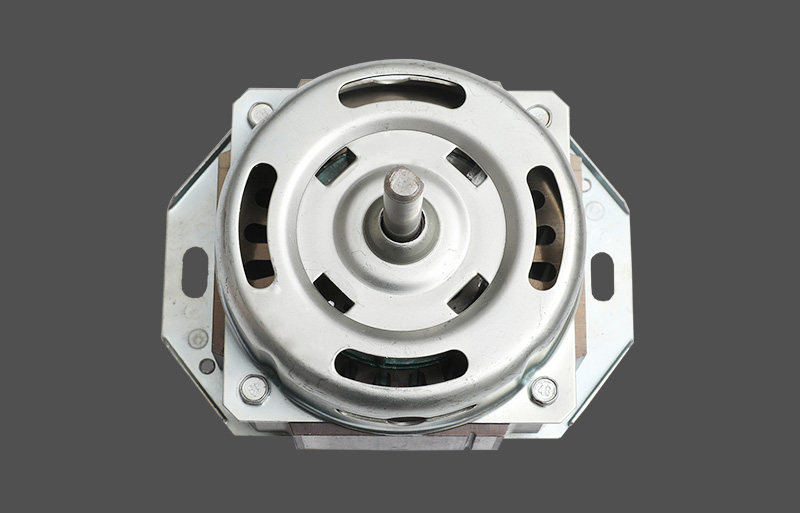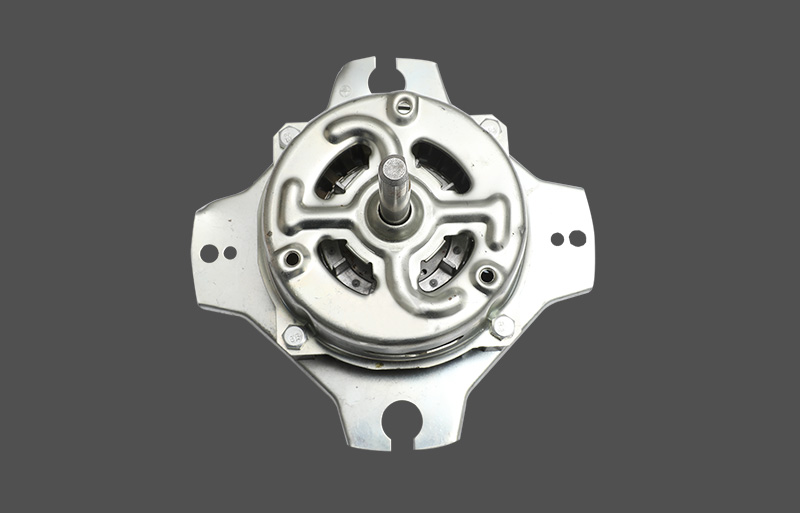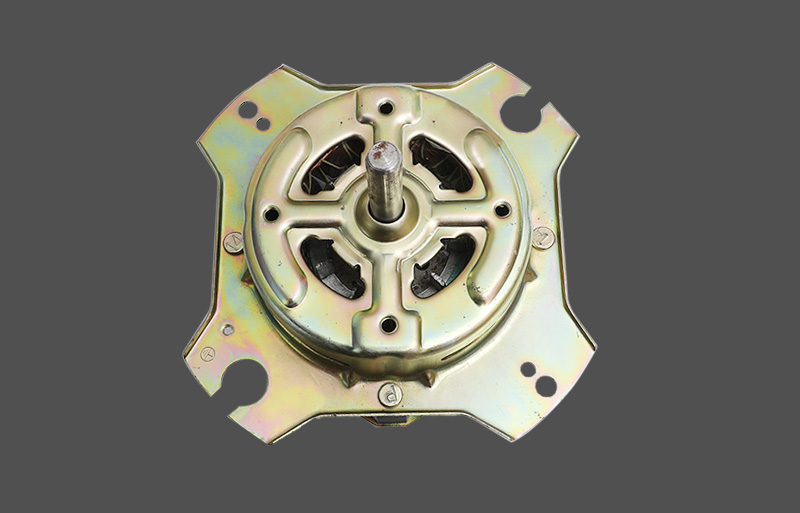In industrial and commercial environments, exhaust fans are key ventilation equipment, and their operating efficiency and stability directly affect the air quality and overall performance of the equipment. As the core component of the exhaust fan, the motor shaft's lubrication condition has a crucial impact on the fan's working efficiency and service life.
The importance of motor shaft lubrication
Effective lubrication can significantly reduce friction and wear. Under high-speed operation, significant friction will occur between the motor shaft and bearings, bushings and other components. Through regular lubrication, this friction can be effectively reduced, thereby reducing the wear rate of components and extending the service life of the motor shaft and related components. In addition, good lubrication can ensure the smooth operation of the motor shaft and reduce vibration and noise, which not only improves the overall performance of the equipment, but also reduces interference to the surrounding environment.
The oil film formed by grease between the motor shaft and bearings helps conduct and dissipate heat, prevents the motor from overheating, and protects the motor windings from damage. At the same time, the anti-rust and anti-corrosion properties of grease can effectively resist the erosion of environmental factors such as moisture, dust and chemicals, thereby extending the service life of the motor shaft.
The necessity of regular lubrication
Grease aging is a problem that cannot be ignored. Over time, grease gradually loses its lubricating properties due to oxidation and contamination. Therefore, regular grease replacement is key to ensuring that the motor shaft remains well lubricated. In addition, during the operation of the fan, dust, grease and other debris may accumulate between the motor shaft and bearings, affecting the lubrication effect. Regular cleaning and lubrication not only help remove these impurities, but also keep the lubrication system clean.
Changes in ambient temperature will also affect the viscosity of grease and thus its lubrication effect. Therefore, regular lubrication can adjust the viscosity of the grease according to changes in ambient temperature to ensure that the motor shaft is always in the best lubrication state. Regular lubrication inspections can also help promptly detect potential problems with the motor shaft and its related components, such as wear and cracks, and take preventive measures to avoid failures.
Key Points in Lubrication Practice
Choosing the right grease is the first step in lubrication practice. According to the working environment of the exhaust fan and the material of the motor shaft, select a grease that meets the requirements. Its viscosity, oxidation resistance, rust resistance and other properties must meet the standards. Before lubrication, the motor shaft and related parts should be thoroughly cleaned to remove dust, grease and other impurities to ensure that the grease can be evenly distributed on the surface of the motor shaft.
When adding grease, the amount needs to be controlled. Too much or too little will affect the operating efficiency of the motor shaft. Too much grease may result in increased frictional resistance, while too little grease may not provide adequate lubrication. Regularly checking the lubrication condition and replacing it in time according to the aging degree of the grease are important measures to ensure the normal operation of the motor shaft and extend its service life.




